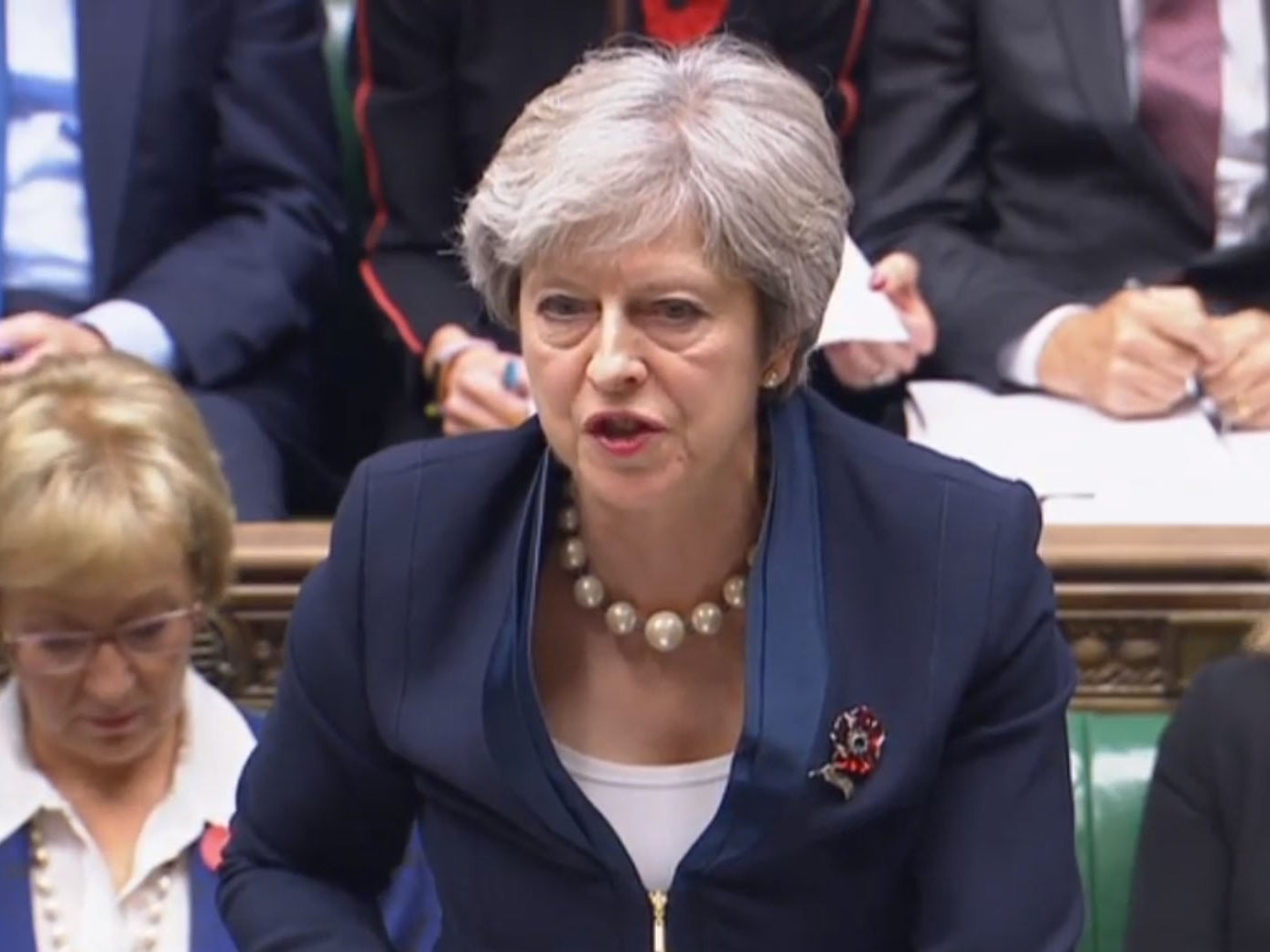As with the expenses outrage, an independent body is the only way to solve the Westminster scandal
After the expenses scandal, the Independent Parliamentary Standards Authority was set up. MPs hated it, but it was a necessary step. Something similar should happen now


First the media feeding frenzy, then the allegations of a witch hunt. To many MPs, the sexual harassment allegations engulfing Westminster mirror the 2009 scandal over parliamentary expenses. As then, some complain that a few rotten apples give the whole political class a bad name.
It won’t wash. As on expenses, the problem is not the rules but the culture. The insensitivity towards women was epitomised by Michael Gove’s crass joke, comparing being interviewed by the BBC’s John Humphrys to entering Harvey Weinstein’s bedroom. If I knew instantly how awful it sounded, why didn’t he?
I’m a long-term inmate of the Westminster institution, having worked there since 1982. When I arrived, things were worse for women than they are today. It felt like a men-only club. Then the 20 women MPs made up 3 per cent of the total; now there are 208 – 32 per cent. The sooner it reaches 50 per cent, the better.
Today women don’t feel quite so vulnerable and isolated as they once did. But some of the old culture survives; men in a position of power abuse it, often like taking risks and think they can get away with it. Claims of sexual harassment surfaced over the years, but usually fizzled out. Very few women dared to go public; those who did were dismissed as a bit odd and usually disappeared from the political scene. I wonder how many of the numerous interns who work in Parliament suffered horrible experiences and never told anyone in authority about it.
Making a complaint is very hard; women do not want to damage their party, their careers or their reputation. The chilling story of Labour activist Bex Bailey, raped at the age of 19 by a more senior party figure, highlights the catch-22 of complaining to a political party. She was told by a Labour official that pursuing the matter might harm her career prospects.
Something will clearly have to change now; we cannot have a system that helps perpetrators more than victims. The danger is that we get a quick fix, but that the parties continue to play a role in overseeing the behaviour of their MPs and members. It suits them to be judge and jury in their own House. Party whips have always thrived on information about MPs’ personal lives, which is stored away and, if necessary, deployed to make sure they toe the line.
Nor are the parties good at reaching a consensus for the common good; they prefer to seek a competitive advantage. Take the issue of party funding. Despite a series of scandals, the Conservatives resisted a cap on individual donations, while Labour balked at changes to funding from the trade unions.
Although a list of 40 “high libido” Tory MPs is now circulating, Labour cannot throw stones in this glass house. There is a nasty misogynist tendency on the left, as everyone can see on social media. Even the nice party, the Liberal Democrats, dealt woefully with the allegations against Lord Rennard, its former strategist.
Bex Bailey’s harrowing story proves that only a fully independent system of investigating alleged sexual harassment will do. But the instinct of party hierarchies is to retain control. They will argue that an MP should not be “sacked” by an independent body, only by their constituents. Whips would prefer the punishment to be losing the party whip; no surprise there.
In the current climate, Theresa May will be desperate to avoid by-elections dominated by “Tory sleaze”. She is playing for time, ordering inquiries into the ministers Damian Green and Mark Garnier. Green, the de facto deputy prime minister and minister for the Cabinet Office who strongly denies acting inappropriately towards a journalist, is being investigated by Sir Jeremy Heywood, the Cabinet Secretary – hardly an independent process.
Despite warm words from politicians, there are signs that the Commons may opt for another in-House fix. At Prime Minister’s Questions today, May announced that she would discuss “a common, transparent, independent grievance procedure” with other party leaders next week, with allegations handled “within this Parliament” so that victims do not have to go through a “party political process”.
The word “independent” was welcome but it remains to be seen just how independent the proposed system would be. It might conceivably be run by the House of Commons Commission, chaired by the Speaker John Bercow, which has two external members but is otherwise composed of politicians and parliamentary officials.
Some people will argue that you can’t keep narrow party self-interest out of politics. But you can at least try to take it out. After the expenses scandal, the Independent Parliamentary Standards Authority was set up. MPs hated it, but it was a necessary step. Something similar should happen now. An independent body might not ensure that every abused staffer comes forward in future to complain about their employer. But its very existence might just deter the remaining dinosaurs in the Westminster men’s club.


Join our commenting forum
Join thought-provoking conversations, follow other Independent readers and see their replies